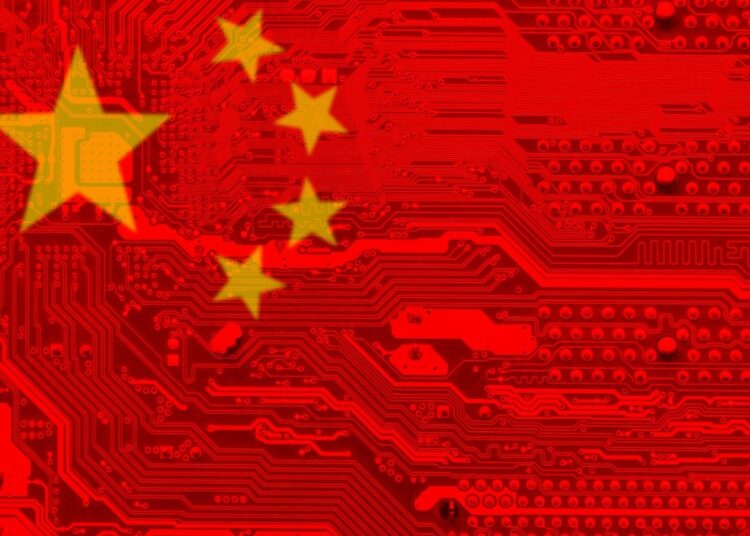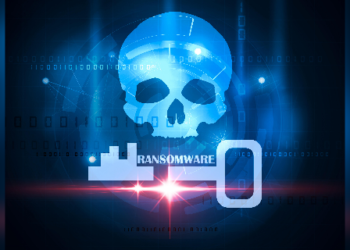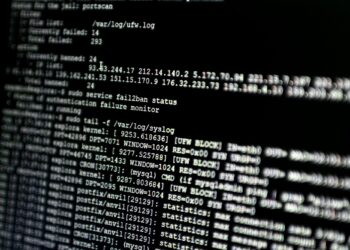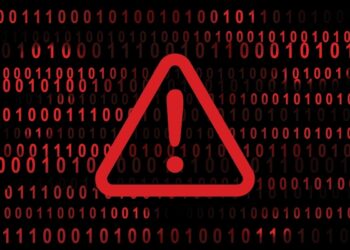The Biden administration’s creation of a “China House,” the Office of China Coordination, in the Department of State could be a positive step forward to address the China threat. The office is tasked with providing information regarding the China threat and accelerating and coordinating the government’s reaction to it. Last year, the CIA created the “China Mission Center” to aid the Intelligence Community with direct resources, funding and personnel to counter Beijing’s expanding diplomatic, technological and military power.
However positive, these actions are overdue. Together, they indicate that the flame of strategic thought is not completely extinguished in Washington. Sadly, for decades it was. Wall Street and the United States government supported China’s economic growth in the disastrous belief that a wealthier, more prosperous China would be more democratic and peaceful, becoming a “responsible stakeholder” in the liberal international order. The camarilla of the “engagement school” held profoundly mistaken, naïve and misguided assumptions regarding the behavior of the Chinese Communist Party (CCP).
Lamentably, these “experts” were completely divorced from an understanding of the motivations and objectives of the CCP, a strategic conception of U.S. national interests, and an understanding of the importance of the relative balance of power for securing America’s position as the world’s dominant military power. The consequence was a richer China that siphoned off its riches to increase its military might, technological prowess and diplomatic influence, and yielded a U.S. economy that was dependent upon China for critical manufacturing and goods, including pharmaceuticals, personal protective equipment and antibiotics. Today, China is more prosperous, more bellicose, and more determined to supplant the liberal order and the U.S. position in the world.
Yet, in the face of Beijing’s rise, the engagement school remains robust on Wall Street, in Silicon Valley and at government, think tanks, media and academe. Recent appeals for “just the right amount” of technological decoupling from China are profoundly misguided. This followed the October announcement by the Biden administration that it would impose export controls on advanced semiconductors and chip-making equipment to weaken China’s semiconductor and artificial intelligence development. And in December, Biden placed 36 Chinese groups, most notably Yangtze Memory Technologies Corporation (YMTC), on the “entities list” to hinder the ability of U.S. firms to export critical technologies to them, and 21 Chinese firms were listed as “foreign direct product rule” which means non-American companies are prohibited from exporting items with U.S. technological content.
There are three flaws of any effort to find a “Goldilocks amount” regarding hi-tech trade and technology transfer to China.
First, even to consider trade with the CCP is to lack an understanding of the odious nature of the regime. The CCP is uniquely vicious government that has killed tens of millions of Chinese citizens; perpetually violates human rights and presently is committing a genocide of Muslims in Xinjiang; lied about the origins of the COVID-19 pandemic and facilitated its spread; and ruthlessly exploits people and the environment.
Most importantly, in 2019, the CCP formally declared a “people’s war” against the United States, explicitly indicating that it is the enemy of the U.S. and intends to defeat America and its allies. An understanding of the character of the CCP should compel anyone concerned with human rights to terminate connection with it and the entities it controls. And because the CCP is at war with the U.S., the U.S. is compelled to respond accordingly. This requires Wall Street, Silicon Valley, and all U.S. entities to decide whether they will assist the United States or the CCP to answer the dispositive question of the 21st century: Will this century be defined by the liberal international order or by the repression of communist China?
Second, understanding the China threat requires a change in mindset — we need to think like strategists, rather than financiers. With the defeat of the Soviet Union, the ideas, practices, understanding and training necessary for peer competition — not only how to defeat a peer competitor but how to prevent one from rising — were supplanted by the doyens of finance and foreign investment. The first rule of strategy is “do not fund your adversary.” Sadly, Western firms pursued investments in China, technology and knowledge transfer to Beijing, and permitted Chinese entities to raise funds on U.S. capital markets, including those with known or suspected ties to the People’s Liberation Army, to those directly and indirectly linked to the Muslim genocide, and to the CCP, since every Chinese entity needs the Chinese regime’s permission to exist.
The second rule of strategy is to possess an understanding of the relative balance of power. As ever more investment, technology and knowledge entered China, it grew year after year — and the U.S. grew relatively weaker as its wealth flowed into China, rather than investments within the U.S. or friendly states. The Chinese regime was strengthened and any hope for its liberalization or overthrow was lost. Trade with China in any advanced technology is helping Beijing dominate the commanding heights of semiconductors and AI. That weakens the U.S. military, economy and technological leadership, and in time will cost the U.S. its superiority.
Third, trade in high-tech with China is supremely foolish because of the risks any U.S. entity incurs. The Department of Homeland Security has released a significant advisory to American businesses warning of the risks associated with trade with Chinese entities. The advisory notes the persistent and increasing risk of Chinese government-sponsored data theft due to newly enacted Chinese laws, including the National Intelligence Law of 2017, Data Security Law of 2020, and Cryptology Law of 2020. These laws compel Chinese businesses and citizens — including through academic institutions, research service providers, and investors — to support and facilitate China’s government access to the collection, transmission and storage of data. In sum, they compel Chinese entities to permit spying by China.
Consequently, firms trading with China run a perpetual risk of state-sponsored data theft that accelerates the reduction of foreign competitors’ domestic market share. This also hastens China’s acquisition of technological dominance in critical markets, which long have been led by U.S., Japanese and European firms — including in aerospace, semiconductors, robotics, artificial intelligence systems, biometrics, cyber intelligence, genomics, pharmaceutical medicines, and sustainable/green energy materials.
From a strategic perspective, there is no amount of safe trade in high-tech with China. Indeed, the right amount is zero. As the Biden’s administration “China House” and trade restrictions demonstrate, strategy, not finance, must govern U.S. relations with the CCP. That is true for U.S. firms as well.
Bradley A. Thayer is director of China policy at the Center for Security Policy and the co-author of “Understanding the China Threat.”
Read the full article here

















